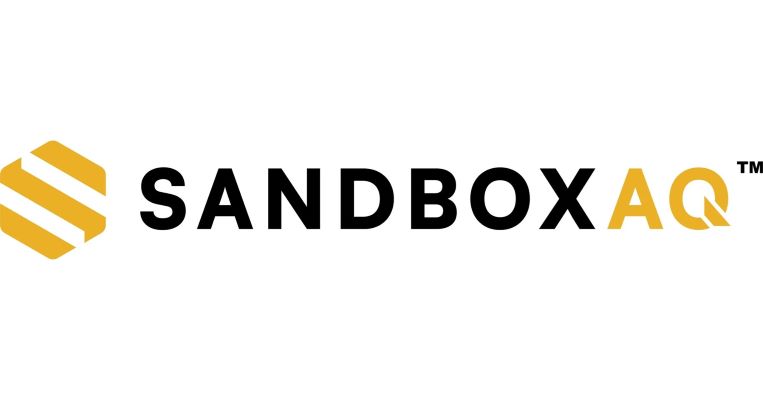Open catalytic model covering every industrial element paves the way for a new era of accelerated materials innovation

SandboxAQ announced the release of AQCat25-EV2, a powerful new quantitative AI model trained on the AQCat25 dataset, representing an advancement in computational catalyst discovery.
AQCat25-EV2 enables researchers to accelerate the discovery of catalysts for applications in energy, chemical production, agriculture, automotive and consumer goods with unprecedented speed and accuracy.
AQCAT25-EV2 predicts energetics with an accuracy approaching physics-based quantum-mechanical methods at speeds up to 20,000X faster. This combination of accuracy and speed makes large-scale, high-accuracy virtual screening across all industrially relevant elements finally practical, eliminating a key bottleneck that has constrained materials innovation for decades.
Trained on the AQCat25 dataset with 13.5 million high-fidelity quantum chemistry calculations across 47,000 intermediate-catalyst systems, AQCat25-EV2 is the only large-scale catalytic AI model to include the magnetic data of spin polarization, crucial to increasing the accuracy of model predictions since many abundant metals (such as cobalt, nickel, and iron) are spin polarized.
"AQCat25-EV2 is among the first models that will allow screening in silico on a wide set of chemistries with unprecedented precision and speed, opening the door to novel catalysts and applications,” said Dr. Bob Maughon, former CTO at Saudi Arabian chemical manufacturing company SABIC. “For critical, unsolved industry problems, from CO2 reduction to advanced battery materials, this technology will be an indispensable tool for accelerating discovery and securing better, more sustainable chemical solutions."
AQCat25-EV2 was developed to provide researchers with confidence that they’ve identified the most promising target candidates, not just a narrow subset. Prior to AQCat25-EV2, the typical process involved looking for a limited number of interesting target candidates, since running additional simulations was costly and time consuming. Once a candidate was discovered, and screening stopped, other, better candidates remained undiscovered.
“A wide range of industries face critical unsolved problems in catalysis today, all of which are expected to directly benefit from AQCat25-EV2,” said Aayush Singh, who leads Catalytic Sciences at SandboxAQ. “These include plastic recycling (depolymerization), CO2 reduction to fuels & chemicals, hydrogen for fuel cells, methane (flare gas) to methanol, syngas to ethanol (higher alcohols), and more. For these industries, we’re fundamentally de-risking the R&D process across the entire spectrum of materials science.”
Subscribe to our newsletter & stay updated.